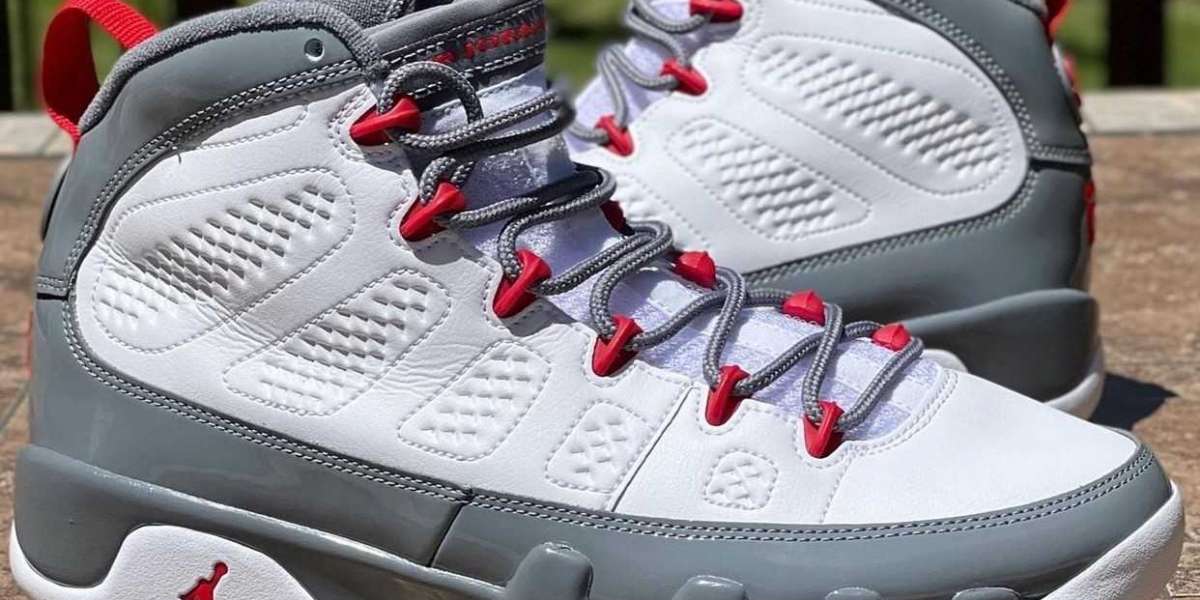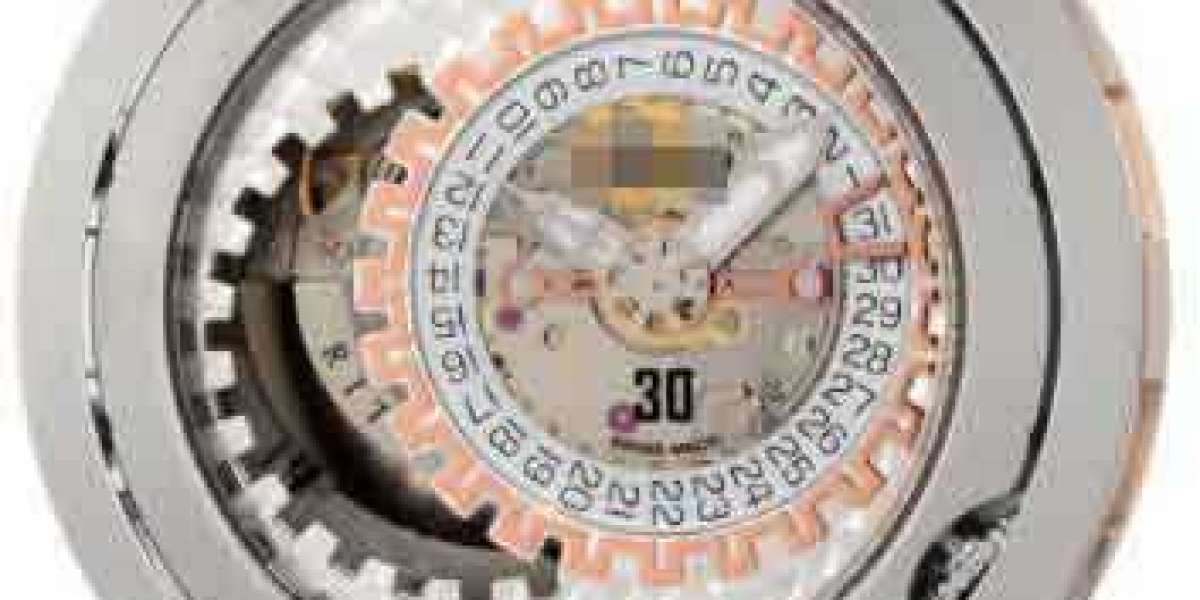What's psoriasis?
Psoriasis is a chronic skin disease. It is regarded as an autoimmune disorder. This means that your immune system hurts your body rather than protecting it. Approximately 7.4 million people in America have this ailment. Psoriasis causes your skin to come up with scaly spots which are occasionally dyed or red and may be painful and itchy. The spots can come and go over a few days to over a month.
There are various sorts of psoriasis; also, it is likely to get more than 1 type.
What exactly does psoriasis look like?
Do you know the symptoms of psoriasis?
The most Frequent symptoms of psoriasis include:
- Reddish patches of skin
- Scaly, sometimes silvery skin patches
- Itchy skin
- Joint swelling, stiffness, or pain, which are associated with a condition called psoriatic arthritis.
The signs of psoriasis also change depending on the kind. There are five types of psoriasis:
1. plaque
2. guttate
3. Reverse
4. pustular
5. erythrodermic
Psoriasis may also result in symptoms of psychological stress, stress, and reduced self-esteem. Depression can be shared with those who have psoriasis.
Additionally, there are subcategories of psoriasis kinds. These look differently based on the positioning of their human body. Psoriasis isn't contagious irrespective of type.
Plaque psoriasis
Plaque psoriasis, or psoriasis Vulgaris, is the most frequent type of psoriasis. An estimated 80 to 90 per cent of individuals with psoriasis have plaque psoriasis. Thick reddish patches of the skin characterize it, frequently with a white or silver scaly layer.
These stains frequently appear on the:
- elbows
- knees
- lower back
- scalp
Patches are generally 1 to 10 centimetres broad, but could also be more significant and cover more of their body. If you scratch in the scales, the signs will frequently get worse.
Remedies
As a means to alleviate distress, Credocto may advocate applying lashes to maintain the skin from getting overly dry or irritated. These lashes incorporate an over-the-counter (OTC) cortisone lotion or an ointment-based moisturizer.
Your Credocto can also operate to identify your specific psoriasis causes, such as anxiety or lack of sleep.
Other remedies may include:
- Vitamin D creams, such as calcipotriene (Dovonex) and also calcitriol (Rocaltrol) to decrease the speed that skin cells develop
- Topical retinoids, to decrease inflammation
- Drugs like tazarotene (Tazorac, Avage)
- Uses of coal tar, either by lotion, oil, or pulp
- Biologics, a class of anti-inflammatory drugs
- Sometimes, you might require fair treatment. This involves exposing the skin to UVA and UVB rays. Occasionally remedies combine oral prescription drugs, mild medications, and prescription lotions to decrease inflammation.
- With mild to severe cases, you might be prescribed systemic medicine in the injectable, oral, or intravenous therapy.
Guttate psoriasis
Guttate psoriasis appears in little red spots on the skin. It is the 2nd most frequent type, affecting approximately 8% of individuals with psoriasis. The majority of the time that it begins during childhood or young adulthood.
- The spots are small, independent, and drop-shaped.
- They frequently appear on the chest and limbs, but they could also look in your scalp and face.
- Spots are generally not as thick as plaque psoriasis, but they can develop into plaque psoriasis as time passes.
Guttate psoriasis occurs after particular causes. These causes include:
- strep throat
- stress
- Skin harm
- Disease
- medication
Remedies
To take care of guttate psoriasis Credocto can prescribe steroid lotions, light therapy, and oral drugs. Discovering the root reason for the condition may also help clear guttate psoriasis. If a bacterial illness caused the disease, antibiotics might help.
Flexural or reverse psoriasis
Flexural or reverse psoriasis frequently seems in skin folds, like under the breasts or in the armpits or groin region. This sort of psoriasis is reddish and often glossy and smooth.
The sweat and moisture out of skinfolds prevent this kind of psoriasis out of shedding skin moves. Occasionally it's misdiagnosed as a fungal or bacterial disease. The skin-on-skin contact may make reverse psoriasis very uneasy.
Many people with reverse psoriasis also have another kind of psoriasis in different areas within the body.
Remedies
The remedies for reverse psoriasis are such as plaque psoriasis remedies. They could include:
- Topical steroid creams
- Light treatment
- Oral drugs
- Biologics, which can be found via injection or intravenous infusion
- Your Credocto can prescribe a lesser potency steroid lotion to prevent skin from thinning a lot of. You could also gain from applying or taking medications that reduce bacteria or yeast growth.
Pustular psoriasis
Pustular psoriasis is a severe form of psoriasis. It develops quickly in the shape of several white pustules surrounded by reddish skin.
Pustular psoriasis can affect isolated regions of the human body, such as the palms and toes, or protect the majority of the skin's surface. These pustules may also combine and form climbing.
Some people today experience cyclic intervals of pustules and remission. Even though the pus is noninfectious, this illness may cause flu-like symptoms like:
- Stress
- chills
- Rapid heartbeat
- Muscle fatigue
- loss of appetite
- There are three types of pustular psoriasis:
- von Zumbusch
- palmoplantar pustulosis (PPP)
- acropustulosis
- All three kinds of pustular psoriasis may have distinct symptoms and seriousness.
Remedies
Treatment might include OTC or prescription corticosteroid lotions, oral drugs, or favourable treatment. Biologics might also be recommended.
Assessing and treating the underlying cause might also decrease the reoccurrence of pustular psoriasis.
Erythrodermic psoriasis
Erythrodermic psoriasis, or exfoliative psoriasis, is a rare psoriasis kind that resembles severe burns. The problem is painful, and maybe a medical emergency. You might require hospitalization since your body might not have the ability to control body temperature.
This kind of psoriasis is widespread, red, and scaly. It might cover large parts of the human body. Exfoliation often happens in more significant pieces than the tiny scales average to the majority of psoriasis.
Erythrodermic psoriasis could develop out of:
- Pustular psoriasis prevalent,
- poorly controlled plaque psoriasis
- bad sunburn disease
- alcoholism
- significant anxiety
- sudden discontinuation of a systemic psoriasis medication
Remedies
Someone with this illness often needs hospital care. In the clinic, you are going to get a combination of remedies. This may include a program of treated moist dressings, topical steroid programs, biologics, or oral prescription drugs until symptoms have improved. Make an appointment with your physician if you believe you've got erythrodermic psoriasis.













